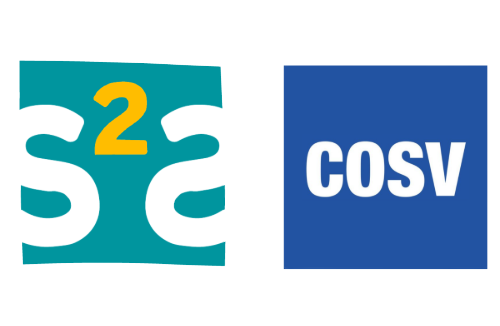Many countries in the Arab world and the Mediterranean region have undergone significant socioeconomic transformations during the past few decades. They have dealt with economic, political, and social changes in different ways, depending on their level of development. Unemployment, gender discrimination, youth vulnerability and environmental issues are among the major difficulties that countries face. Nearly 12% of the Arab labour force was unemployed in 2022 (with levels as high as 29.2% in Lebanon, according to ESCWA data), and the poverty rate is projected to reach 36% in 2024 (apart from the Gulf Cooperation Council (GCC) nations). Despite the innovative businesses and active civil societies that are hallmarks of the Arab world’s private sector, the state sector in these nations has not yet been mobilised to support sustainable development strategies.
As a reaction to the gaps in official policies, more and more people are interested in engaging in SE for the sake of making a positive impact on the world while still achieving the economic goals of their businesses. Whether or not intentional, this dual purpose of their activities contributes to the achievement of one or more social development goals (SDG). Employment opportunities, innovative approaches to development, and the empowerment of traditionally marginalised groups including youth, women, the disabled, and refugees are all possible outcomes of the growth of social enterprises. Yet those enterprises should not and cannot take the place of government services; their mission is to assist, advise, negotiate, spread awareness, and ideally supplement governmental initiatives.
Likewise, governments must encourage and support these social activities. Defining themselves as social enterprises and ensuring financial sustainability is challenging because they cannot attract investments, especially foreign ones, due to a lack of clarity in the legal framework of action for SE SEs or, at the very least, the inadequacy of the existing ones. When states don’t make SEs a top priority in their plans for sustainable development, it has the compound effect of a volatile political and social environment.
This policy paper delves into the role of SE in advancing the SDGs in the Middle East and North Africa (MENA) region. Notably, it sheds the light on the rise of the SE mindset, the challenges of self-identification, the underutilised SDGs, the importance of creativity, community engagement, organisational struggles, the controversial nature of existing guidance, the lack of long-term vision, and the transformative role of SE in local municipalities. The paper recommends a flexible legal framework, the integration of profit and social values, leveraging the SDGs, fostering creativity, having community-centred approaches, addressing organisational challenges, advocating for a long-term vision, promoting collaboration, supporting welfare society transformation, enhancing education, and training, and encouraging international collaboration in the MENA region’s SE SEE.

